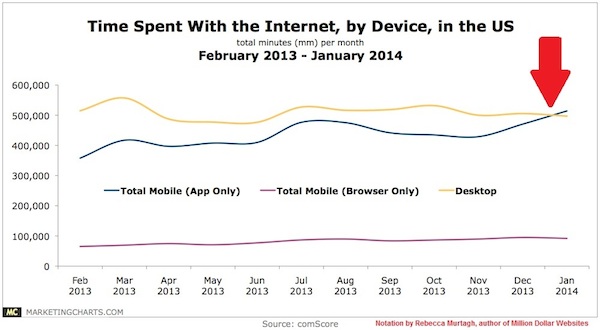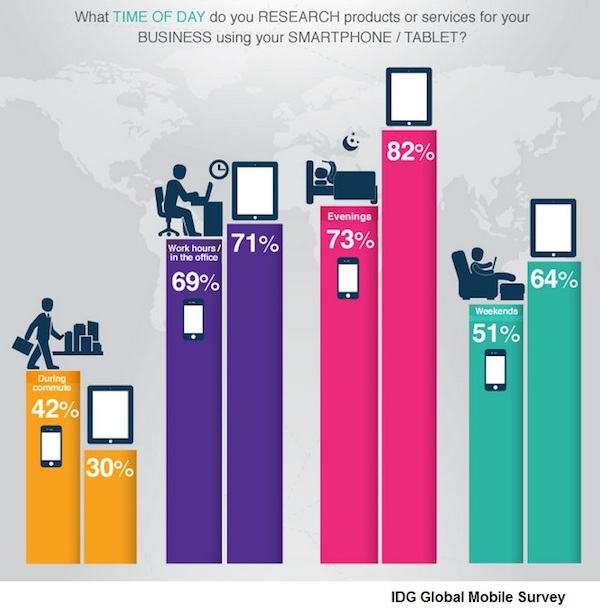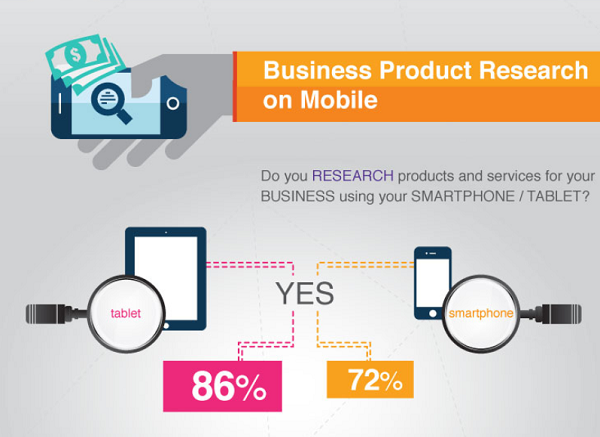
By Rebecca Murtagh, from Search Engine Watch – http://bit.ly/1mbEk0a
If you’re still struggling to leverage the website to support goals, you have some catching up to do, as the landscape has recently experienced a tectonic shift.
Mobile Exceeds PC Internet Usage for First Time in History
In early 2014, the landscape in which businesses operate changed forever when Internet usage on mobile devices exceeded PC usage.

It has taken considerable time for businesses and brands to embrace the potential of the Internet. Today, most recognize the Internet as a vital foundation for everything from operations to marketing and sales to logistics, CRM, and customer service.
Still, many businesses and brands struggle to truly leverage the digital landscape to meet the expectations of their customers. Many more will struggle with the migration of audiences (customers) to mobile.
The time has come to seriously consider integration of mobile-friendly versions of all mission-critical assets: applications, data, the website, communications, demos, sales materials, customer service, etc.
What Are Consumers Doing on Mobile?
How do consumers use mobile devices to access the Web? According to Online Publishers Association/Frank N. Magid Associates:
- 99.5 percent access content/information
- 63.1 access the Internet
- 62.1 percent check email
- 49.2 percent listen to music
- 46 percent play games
- 41.7 percent download and use apps
- 15 percent make purchases
- 15 percent read a book
Shift to Mobile Impacts B2B Significantly
If you imagine that the mobile usage is merely a reflection of consumers logging onto social media, checking email or conducting search, or shopping, think again.
Executives lead the way in mobile adoption, validating the theory that digital assets for a business or brand must serve target audiences 24/7, and not just during business hours.

Meeting your customers wherever they work is no longer a luxury – it is a necessity. If you wish to convert interaction to action you must compel the decision-maker.
B2B Decision-Makers Rely on Mobile Devices
Mobile is preferred over the PC for executives conducting research during and after office hours, according to the IDG Global Mobile Survey 2014.
- 92 percent of executives own a smartphone used for business.
- 77 percent of executives use their smartphone to research a product or service for their business.
- 93 percent of executives will purchase that product via the Internet using a laptop or desktop.
- 86 percent use their tablet and 72 percent of executives use their smartphone to conduct research for products or services for their business.

Executives rely upon mobile devices (tablets and smartphones) to conduct business research more frequently in the evenings than any other time of day.
Mobile as a Competitive Advantage
Whether your day-to-day focus is business management, marketing, sales, SEO, social media, advertising, software development, or customer relationship management, the mobile device has increasingly become the preferred tool for work and communication. How quickly and effectively an organization plans, develops, and adapts to deliver quality mobile experiences will likely become a competitive advantage.
Some organizations may continue to view mobile as an “add-on” or supplementary effort when planning for digital interaction with customers. However, those who embrace the shift in behavior and deliver what their customers want and need to make a purchase decision will likely be the ultimate winners.
